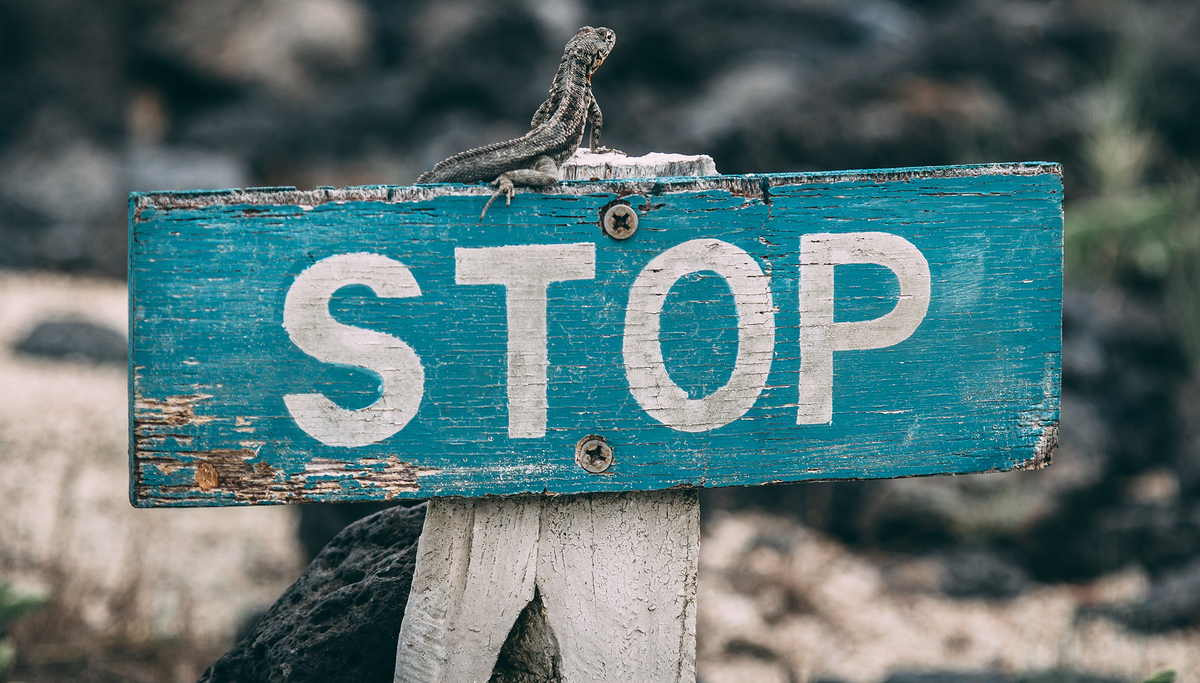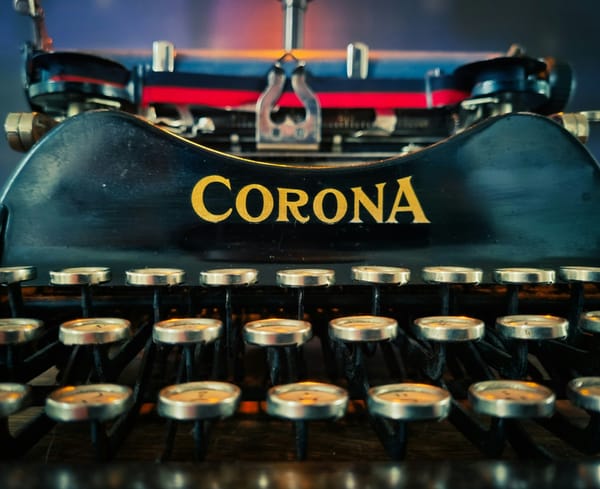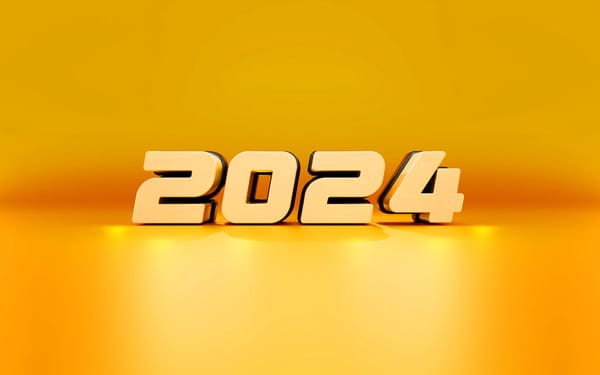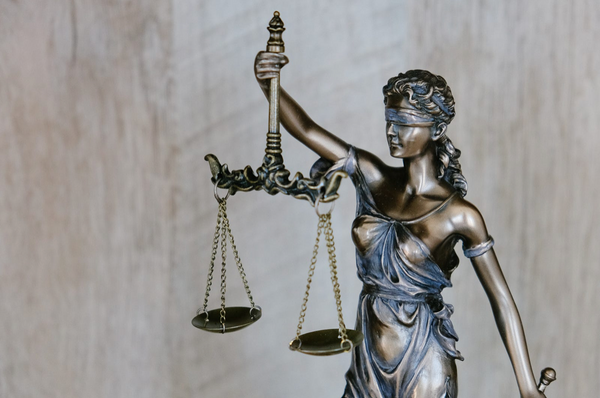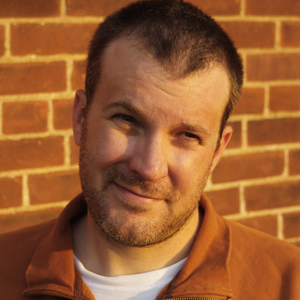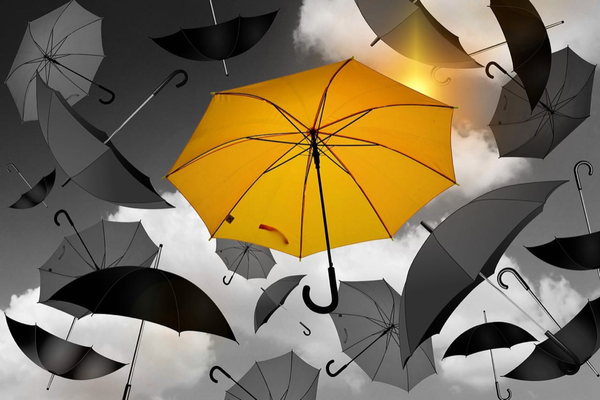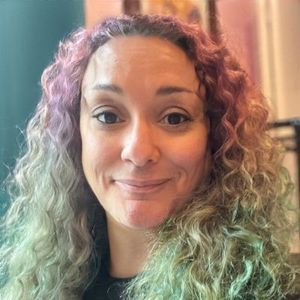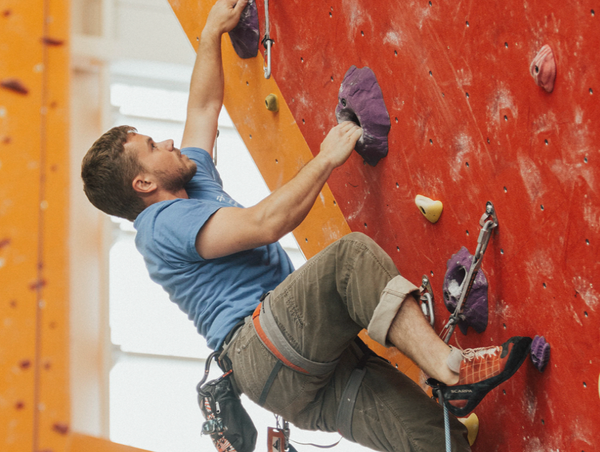Right in the middle of #MeToo, a quick blip of #NotAllMen popped up on Twitter, as men who hadn't harassed and assaulted women leapt to defend themselves from being painted with the same brush as the misogynists and assaulters.
After every police-involved murder of unarmed Black men and women, or racist assault of a white person against a Black person, there’s a deluge of #NotAllWhitePeople tweets to show that not every white person hates Black people.
This needs to stop.
If you didn’t assault, harass, or discriminate against anyone, just sit quietly, content with that knowledge.
Stop posting #NotAllMen and #NotAllWhitePeople. It doesn’t actually help anything and doesn’t achieve what you hope it does. I know you want people to know you’re an ally, but you don’t need to tell them at that particular moment.
At best, it’s an irritant that momentarily distracts someone from the real conversation. At worst, it causes a major argument and completely derails the real conversation.
For one thing, the conversation is not about you, so you don’t need to be a part of it. If you didn’t assault, harass, or discriminate against anyone, just sit quietly, content with that knowledge. You’re a good person, and you should be pleased with that.

But you don’t need to tell people you’re a good person when they’re hurting the most. That doesn’t show support. If you’re an ally, you don’t need to stand up and say, “I’m an ally!”
If #MeToo is trending on Twitter, it’s because women (and some men, but mostly women) are telling painful stories, reliving painful memories, and basically sharing gut-wrenching moments that have shaped their sense of self.
The last thing they need is for some dude to come galumphing into the conversation like a golden retriever, barking, “Not me, though! I didn’t do that! I’m not a rapist!”
When #BlackLivesMatter trends again because of yet another officer-involved shooting of an unarmed Black man, don't show up with, “I wouldn't do that, you guys! Hey, I wouldn’t do that! I’m not like those other White people! Hey, did you hear me?”
Do you see how dumb it sounds?
As a fellow white person, let me extend congratulations for not using racial epithets.
That's what it sounds like if you tweet #NotAllMen and #NotAllWhitePeople.
Look, it’s great that you don't participate in rape culture. It's wonderful that you don’t murder people. As a man, let me congratulate you on not making unwanted sexual advances against your female coworkers. As a fellow White person, let me extend congratulations for not using racial epithets. Yes, you’re one of the good ones. Yes, you’re an ally and the support you give is important.
(No, seriously, it is.)
Just don’t insert yourself into the conversation. Your female friends and friends of other races and ethnicities already know this about you. They appreciate this about you. So you don't need to drop a #NotAll____ hashtag, because then you’re just making the conversation about you.
. . . they don‘t want to hear #NotAllWhitePeople
We’ve since learned that Derek Chauvin was found guilty for murdering George Floyd, just a few days after Daunte Wright was killed by a police officer who confused her taser with her gun. We learned that thirteen-year-old Adam Toledo was gunned down by a Chicago police officer. And there have been more than forty mass shootings in April 2021 alone.
People are understandably hurt and angry and upset, and they want to shout their pain at anyone who can hear it. They want to rage at politicians who won’t enact commonsense gun laws. They want to defund entire police departments that have allowed institutional racism to infect their ranks. They’re scared, they’re crying out for justice and accountability and an end to rape and murder. They’re beating their chests and screaming out for anyone to hear them.
So they don’t want to hear #NotAllMen and #NotAllWhitePeople echo back at them. It's happened so often that it became a verb. As in, “Did you just #NotAllWhitePeople me?”
Sasha, I don’t know how to tell you this, but you’re not gonna #NotAllWhitePeople your way out of this
— Ray Lewis (@RayLewis1997) April 1, 2021
So what can you do?
If you want to be an ally and be supportive, keep your actions small. Keep them personal and hidden, not on public display, because you are not the conversation.
Check in with your BIPOC friends privately. Ask them how they’re doing—privately. Commiserate with them privately. This is not the time for public declarations of allyship. You do that by showing up to #BlackLivesMatter rallies, #MeToo marches, and Pride Parades.
Instead, listen to your friends. Don't share stories of “I remember this one time. . .” or “That reminds me of . . . ” Don’t offer platitudes. Don’t try to say something profound that will help them feel better. In fact, don’t try to make them feel better. Don’t play White Savior, just play Quiet Listener.
Your responses should be “I'm sorry,” “I can't imagine what that’s like,” or even better, just say “Mm-hmm” and then nothing else. They’ll talk if you let them, and they’ll fill your ear with their feelings. But you have to listen—which does NOT include saying, “Just so you know, I’m not like that.”
They already know. So just keep it to yourself and show them through your actions.
Your actions are louder than any hashtag. But one poorly considered hashtag can undo every positive action you’ve ever made.
Top photo by Jose Aragones on Unsplash


